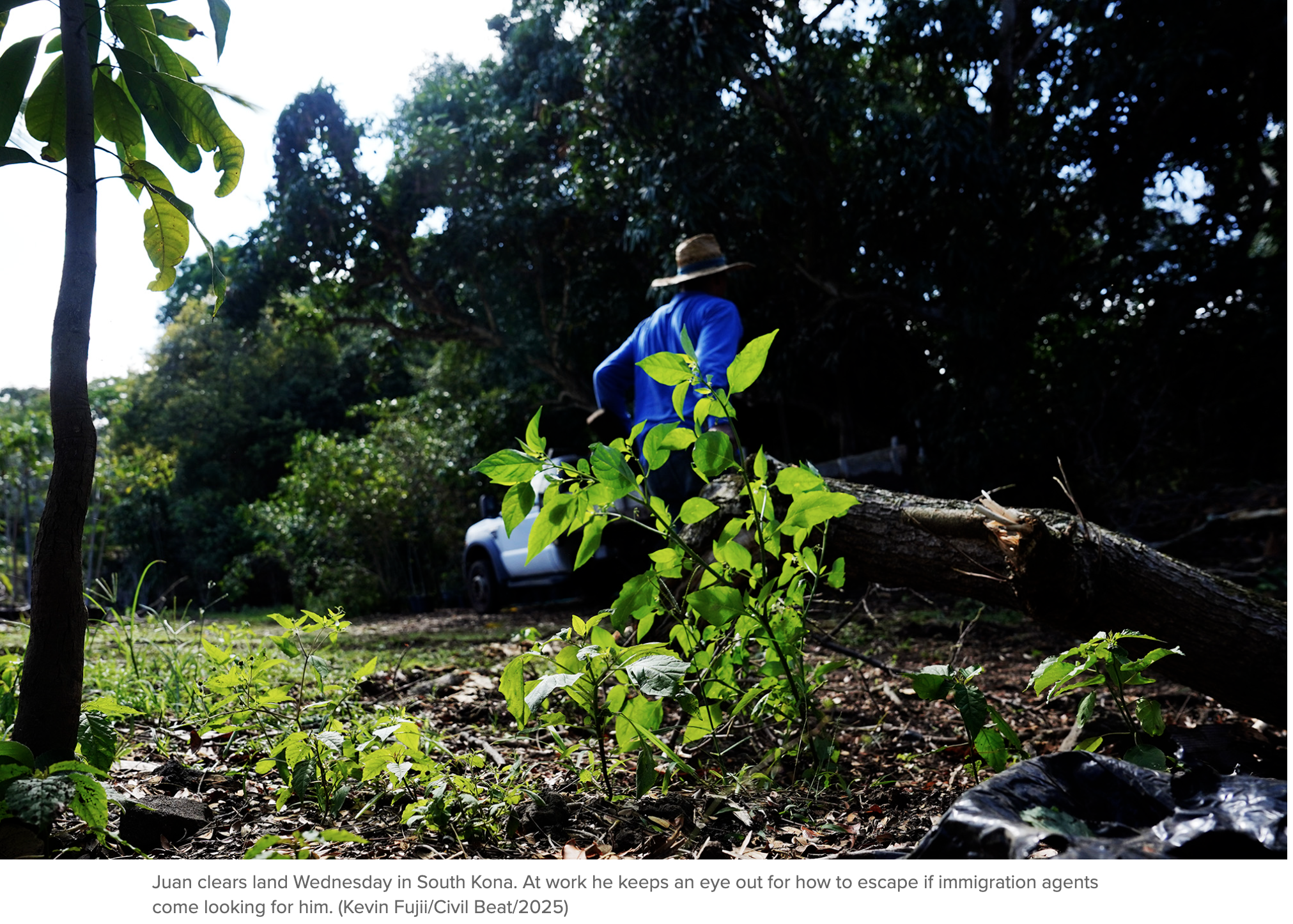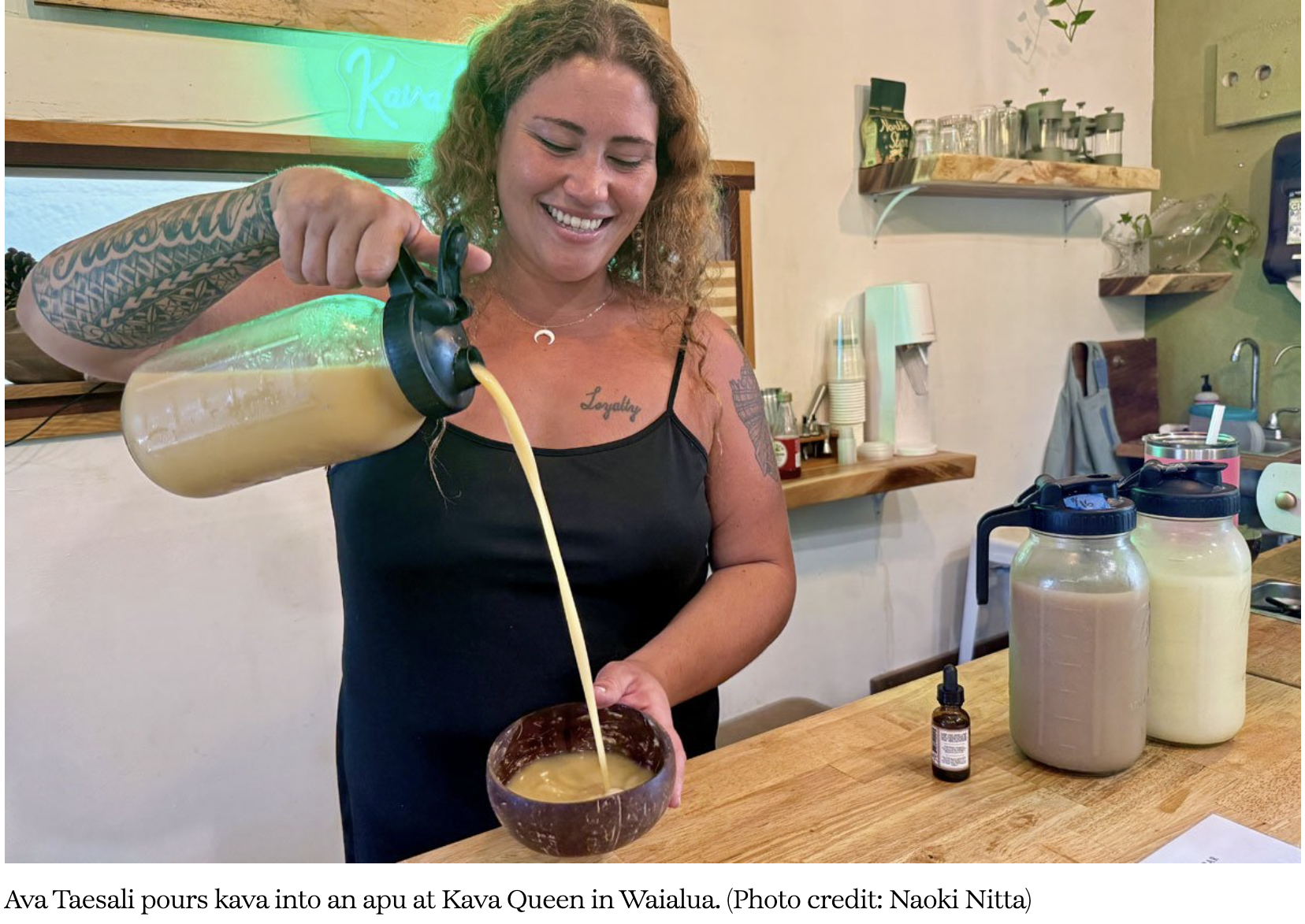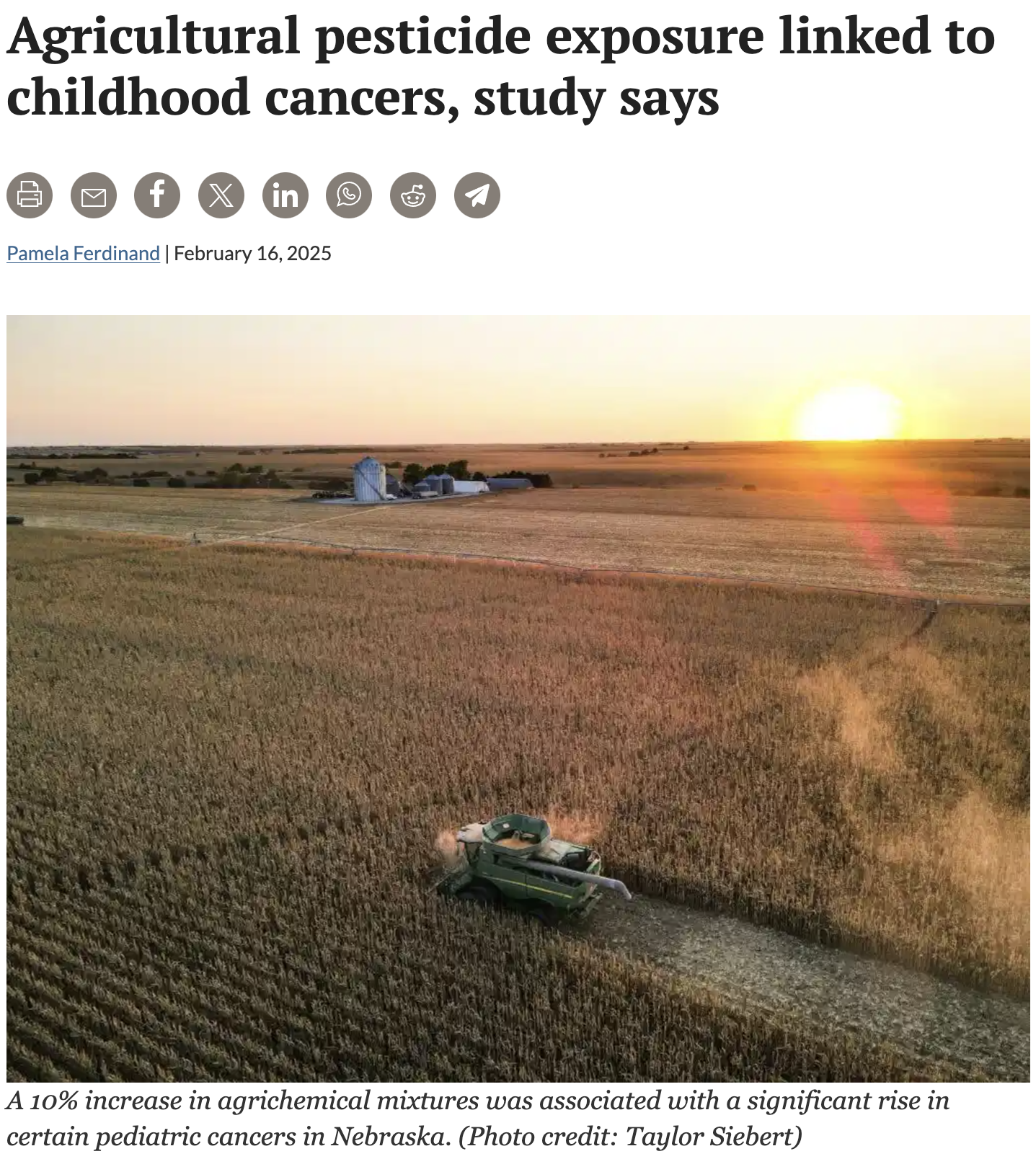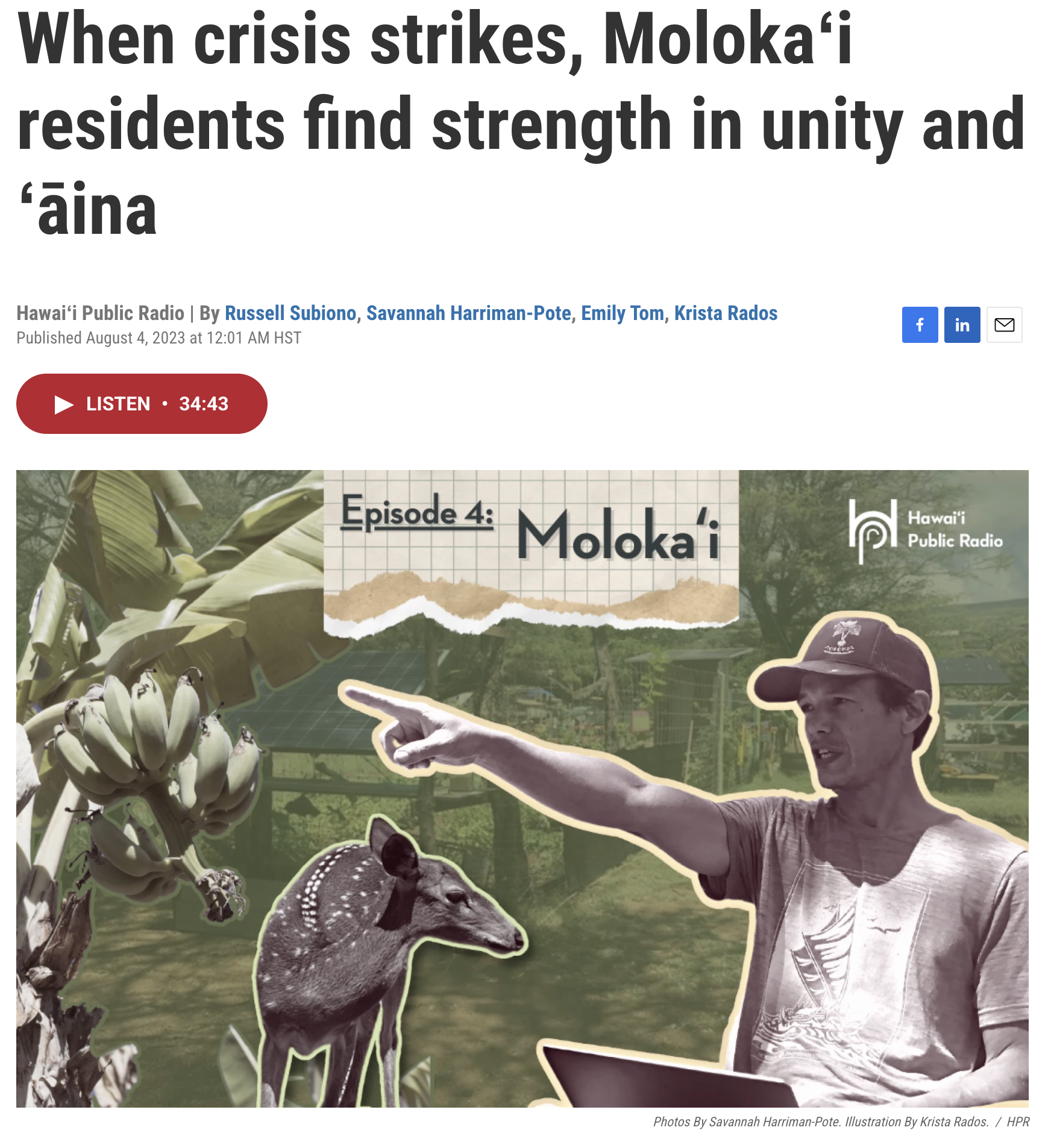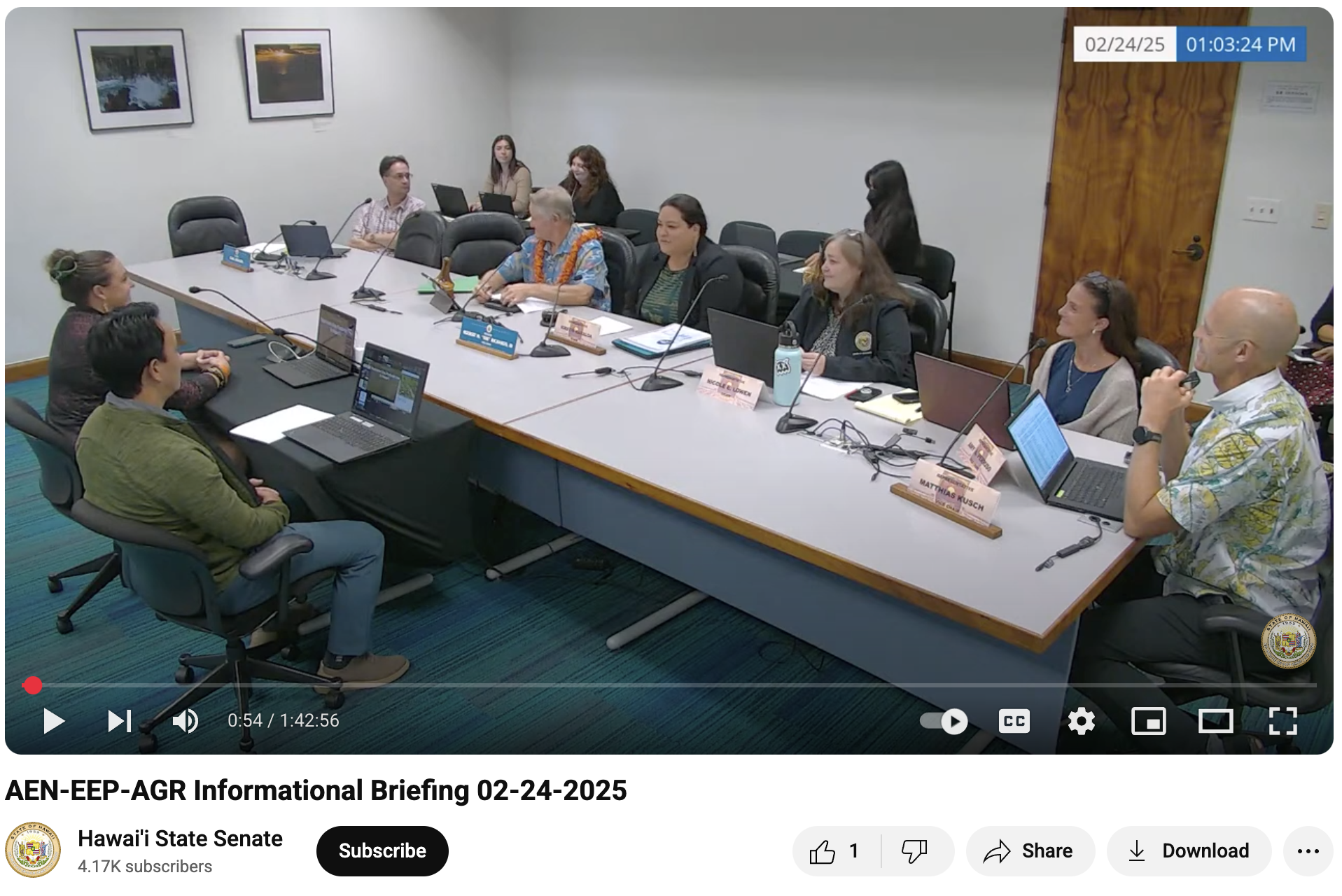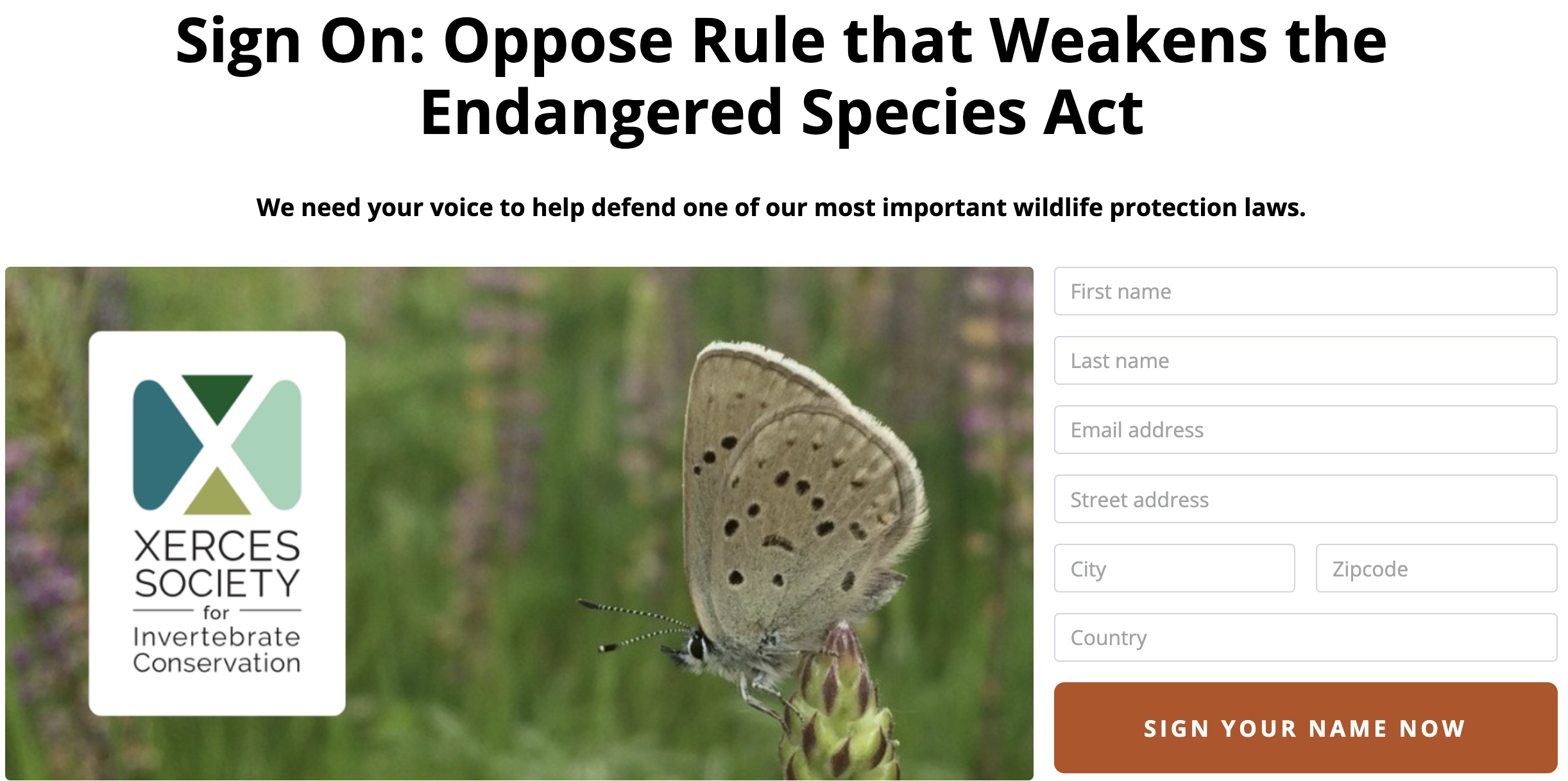Food Systems Digest
As the movement toward a just and resilient food system continues, there are mounting threats from recent federal actions that could unravel decades of progress in food equity and farmer support. Proposed federal budget cuts threaten essential programs that serve smallholder farmers, Indigenous food producers, farmworkers, and food-insecure communities. These cuts risk widening disparities in access to healthy food and dismantling localized supply chains that many communities have worked tirelessly to build. Simultaneously, the USDA and other agencies face diminished capacity to enforce critical standards, putting both producers and consumers in a more vulnerable position.
In the shadows of these budgetary threats, sweeping deregulation at the federal level has the potential to strip away long-fought protections for public health and the environment. One particularly alarming move is the attempt to preempt state and local pesticide laws, effectively overriding stronger community protections in favor of weaker federal standards. Coupled with the rise of indemnity liability laws—legislation that shields pesticide manufacturers from accountability even when their products cause environmental damage or health harms—there continues to be concern that the regulatory landscape continues to move in favor of chemical corporations. These developments not only erode democratic control but endanger farmworkers, pollinators, and the ecological balance vital to long-term food security.
Meanwhile, Hawai‘i faces unprecedented biological threats. The rapidly spreading Little Fire Ant and the Coconut Rhinoceros Beetle (CRB) infestations on Kauaʻi are deeply concerning. Both pose a grave danger to our food security. CRB attacks palm trees, coconut production, and native Loulu palms (Pritchardia sp.), among other agricultural crops. With limited and inadequate response from government agencies, local agricultural communities are being left to fend for themselves. If left unchecked, the CRB could decimate key crops and accelerate the collapse of already-fragile local island food systems.
In this digest, we dig deeper into these converging challenges—policy rollbacks, environmental threats, and corporate impunity—and spotlight the grassroots efforts resisting them. From farmers organizing for stronger state protections to Indigenous-led ecological restoration and food sovereignty initiatives, the path forward remains rooted in community resilience. Our collective future depends on our ability to fight for a food system that centers people and the planet over profit.
Hawaiʻi Food Systems News
Hawaiʻi Seed Companies Earn More Money with Less Land, Civil Beat
Hawaiʻi’s genetically modified seed industry has declined in overall value over the past decade but remains the state’s top agricultural commodity. After peaking at $241.6 million in 2011, the industry dropped to $122 million by 2024. Despite a 77% reduction in acreage, per-acre value surged from $36,000 to $127,000, driven by rising national seed prices and technological advances that increased efficiency. Global agribusinesses like Bayer and Corteva benefit from Hawaiʻi’s year-round growing season. However, the industry faces backlash over pesticide use and environmental violations, including Monsanto’s 2021 guilty plea to 30 federal crimes related to pesticide misuse on corn fields.
ICE Takes Aim At Immigrant Kids in Big Island’s Coffee Belt, Civil Beat
A recent immigration crackdown on Hawaiʻi Island has led to the arrest and deportation of several undocumented immigrant children and their families, creating widespread fear in the community. Federal agents targeted unaccompanied minors and their sponsors, claiming to conduct welfare checks, but advocates say the real goal is mass deportation. Local police provided space and assistance, raising concerns about their involvement. Schools and workplaces have seen declining attendance, while immigrant families live in fear of detention. Coffee farmers report labor shortages as workers stay away.
Let’s Act to Realize Zero Hunger in Isles, Star Advertiser
Hawaiʻi faces a severe food insecurity crisis, with one in three residents lacking consistent access to nutritious food, and rates exceeding 40% among Native Hawaiian and Pacific Islander communities. This disparity is exacerbated by high living costs and systemic inequities. To achieve zero hunger, the state must implement comprehensive measures:
Raise the minimum wage to a living standard.
Fund universal school meal programs.
Expand enrollment in SNAP and WIC.
Support initiatives like Double-Up Bucks.
Addressing these issues requires targeted public and private investments to ensure food security for all residents.
USDA Cuts Will Harm Hawaiʻi Food Security, Civil Beat
Federal cuts to key USDA programs are threatening Hawaiʻi’s local food system and deepening food insecurity. The Trump administration halted initiatives that funded school meals and food banks with local produce, slashing $660 million nationally, including over $3 million for Hawaiʻi. The cuts jeopardize contracts supporting 45 food-insecure communities and impact local farmers, many socially disadvantaged. Advocates and hunger organizations urge the state to fill the funding gap and pass a “farm-to-families” bill. Meanwhile, food demand is surging, especially among working families. Without intervention, Hawaiʻi faces worsening hunger, economic strain on farmers, and lost progress toward food self-sufficiency.
In Hawaiʻi Restoring Kava Helps Sustain Native Food, Civil Eats
Hawai‘i has officially recognized kava (ʻawa) as safe for consumption, designating it as Generally Recognized as Safe (GRAS) under state law. This move honors its cultural significance and aligns with international standards, such as the World Health Organization’s recognition of traditional kava preparations in 2020. Kava, a traditional Polynesian beverage made from the root of the kava plant, has been integral to Native Hawaiian identity for centuries. Despite its cultural importance, the U.S. Food and Drug Administration (FDA) has not granted kava GRAS status, citing concerns over liver toxicity associated with certain kava extracts. The state's decision aims to support local kava growers and promote food sovereignty by facilitating the plant's use in food and beverages. Advocates hope this will lead to increased availability and acceptance of kava, benefiting both cultural heritage and local agriculture.
Hawaiʻi Must Become Self Governing, Civil Beat
Ashley Lukens argues that Hawaiian sovereignty, often viewed as impractical or a “Native Hawaiian issue,” is crucial for all residents of Hawaiʻi. U.S. involvement has led to military occupation, environmental harm, and corporate exploitation, impacting the islands’ ecosystems and people. Sovereignty offers a way forward, allowing Hawaiʻi to prioritize its people and land over military and corporate interests. A self-governing Hawaiʻi could restore sacred sites, invest in local economies, and ensure a sustainable future. The author calls for solidarity with Kānaka Maoli efforts, urging a reimagining of Hawaiʻi’s future as self-determined and free from exploitation.
U.S. Context
Op-Ed: Trump’s Disastrous First 100 Days for Food, Farming and Fairness, Civil Eats
In its first 100 days, the Trump administration has aggressively dismantled key USDA programs, cutting climate, equity, and food security initiatives. This rollback undermines progress toward a sustainable and just food system, halting funding for climate-smart agriculture, freezing local food purchasing, and gutting research. Equity programs aiding underserved farmers were erased, while corporate-friendly policies deepen consolidation and environmental harm. With massive staff cuts and canceled projects, farmers face financial hardship, and public trust is eroded. Advocates call for urgent collective action to resist these attacks, defend democracy, and rebuild a resilient, equitable food system rooted in sustainability and community empowerment.
Rally Against Pesticide 1,3-D in Visalia, Community Alliance
On January 8, 2025, over 100 farmworkers, community leaders, and environmental advocates rallied in Visalia to protest the use of the pesticide 1,3-Dichloropropene (1,3-D or Telone). Organized by Californians for Pesticide Reform (CPR) and other groups, the protest highlighted the disproportionate impact of pesticide exposure on Latino and immigrant communities in the San Joaquin Valley. Speakers criticized the California Department of Pesticide Regulation's (DPR) draft regulation, which allows children and residents to be exposed to 14 times more 1,3-D than adult workers, calling it unscientific and racist. Advocates urged the DPR to adopt stricter protections and align regulations with scientific recommendations to safeguard public health.
Officials Warn Common Herbicide Used in the US is ‘Too Dangerous’- But It’s Still Legal, MSN
“There is an ongoing battle to outlaw the herbicide paraquat worldwide because of the harm it causes to wildlife and human health. However, the toxic chemical is still legal in the U.S. and was reapproved for use by the EPA in 2024.”
70 Countries Have Banned This Pesticide. It’s Still for Sale in the U.S., Washington Post
The U.S. Environmental Protection Agency (EPA) is reconsidering its stance on paraquat, a widely used herbicide linked to Parkinson’s disease. Despite over 70 countries banning the chemical, the EPA has delayed its final decision, citing the need for additional data on inhalation risks. Advocacy groups, including Earthjustice and the Michael J. Fox Foundation, argue that existing evidence is sufficient to warrant a ban. They contend that prolonged exposure to paraquat increases the risk of Parkinson’s disease and other health issues. The EPA's request for more time has drawn criticism from environmental and public health organizations.
Trump’s Funding Freeze Creates Chaos and Financial Distress for Farmers, Civil Eats
The Trump administration's abrupt freeze on federal funding has caused widespread disruption across various sectors. A federal judge temporarily blocked the pause, citing constitutional concerns and potential harm to vital programs. Despite this, many grants remain delayed, affecting services like climate resilience, education, and healthcare. Nonprofits and state agencies report operational chaos, with some facing layoffs and halted projects. Environmental initiatives, including climate-smart agriculture and infrastructure improvements, are particularly impacted. Legal challenges continue, highlighting the tension between executive authority and congressional spending powers.
Pesticide Exposure Linked to Childhood Cancers, Study Says, U.S. Right to Know
A study from the University of Nebraska Medical Center found that increased exposure to multiple pesticides is linked to higher rates of childhood cancers. Analyzing data from 1992 to 2014, researchers discovered that a 10% rise in pesticide mixtures correlated with a 36% increase in brain and central nervous system cancers, a 23% rise in leukemia, and a 30% overall increase in pediatric cancers. The study highlights the importance of evaluating combined pesticide exposures and identifies specific chemicals, such as dicamba, glyphosate, and paraquat, as significant contributors to cancer risk in children .
"Fossil fuels are on track to be an even bigger presence in our food system. The Center for International Environmental Law (CIEL), a nonprofit environmental organization, warns that as sectors like transport are decarbonizing, the fossil fuel industry has its sights on food, particularly through petrochemicals. CIEL notes that an estimated 74 percent of all petrochemicals are already used for agricultural fertilizer and plastic."
Global Context
Inside Quebec’s Fight Over Bee-Killing Pesticides, Canada’s National Observer
Quebec has implemented stringent regulations on neonicotinoid pesticides, which are harmful to bees and other pollinators. In 2018, the province introduced measures requiring farmers to obtain prescriptions from agronomists before using neonic-treated seeds, a North American first. This decision followed research indicating that neonicotinoids were present in all tested Quebec waterways and contributed to bee mortality rates four times higher near treated fields. Despite initial resistance from the pesticide industry, Quebec's actions have set a precedent for environmental protection in agriculture.
Podcasts/Other Media
When Crisis Strikes, Molokaʻi Residents Find Strength in Unity and ʻĀina, Civil Beat (2023)
Todd Yamashita, a Molokaʻi resident, turned to farming during the pandemic when grocery store shortages made food self-reliance crucial. His one-acre farm provides food for him and his community, emphasizing Molokaʻi’s deep-rooted values of generosity and self-sufficiency. The island, with a population of just 7,000, has increasingly focused on sustainability through initiatives like Sustʻāinable Molokaʻi. The community’s connection to the land, or aloha ʻāina, fuels efforts to protect local resources and resist outside development. The island is now working towards acquiring the Molokaʻi Ranch to preserve local land ownership and prevent displacement by external interests.


